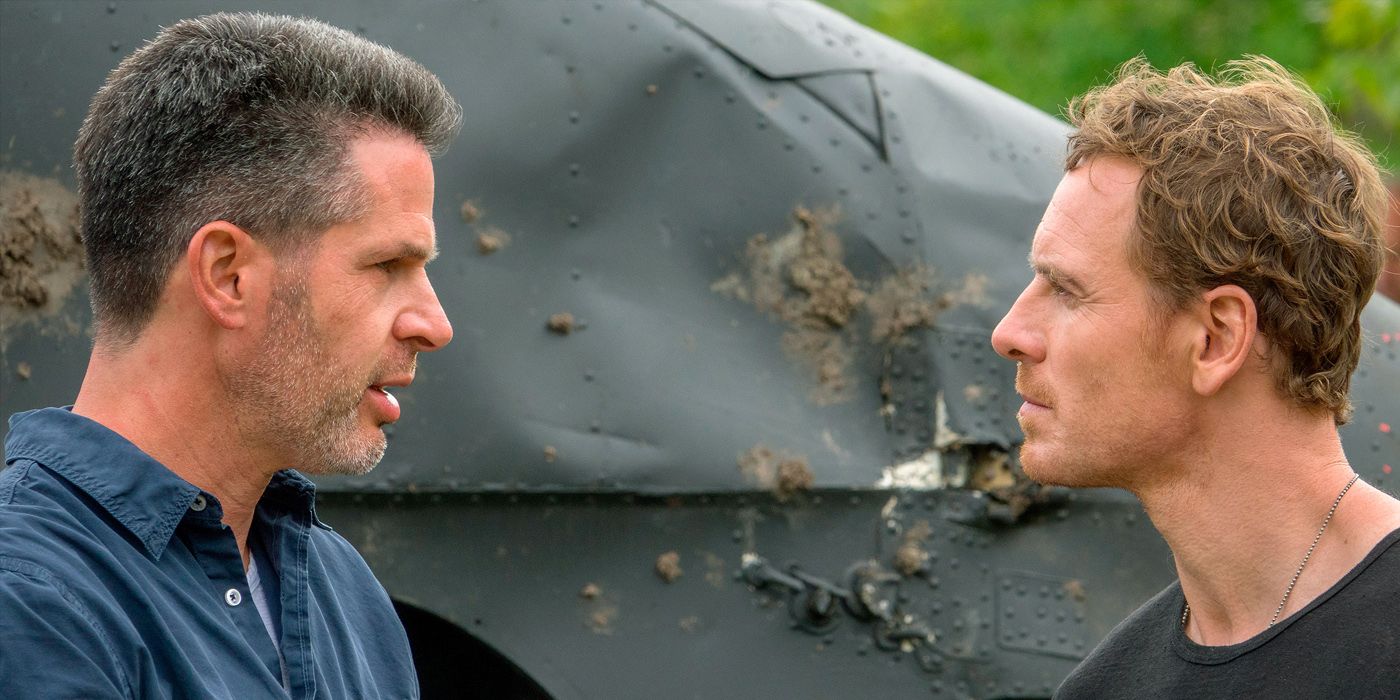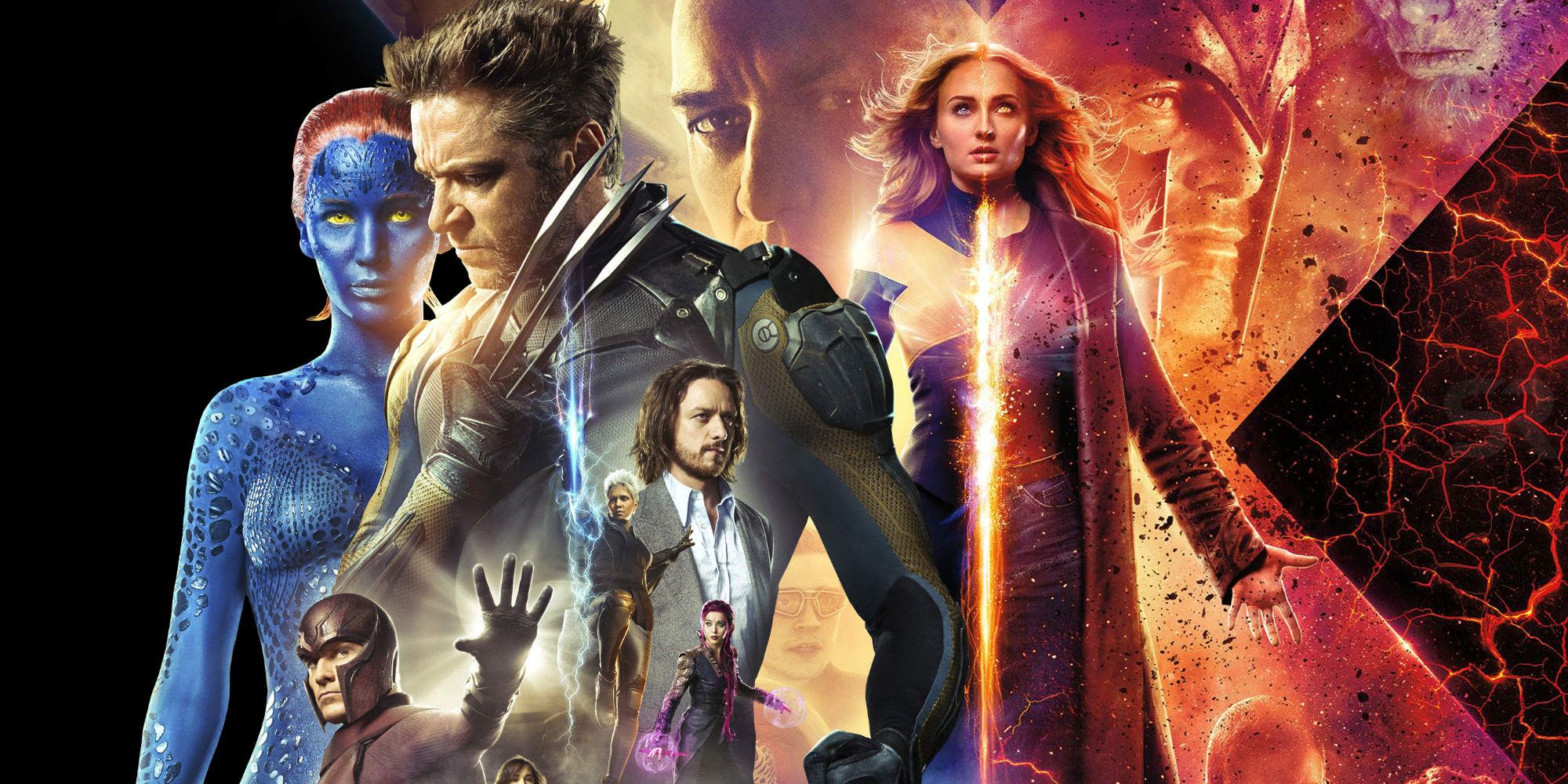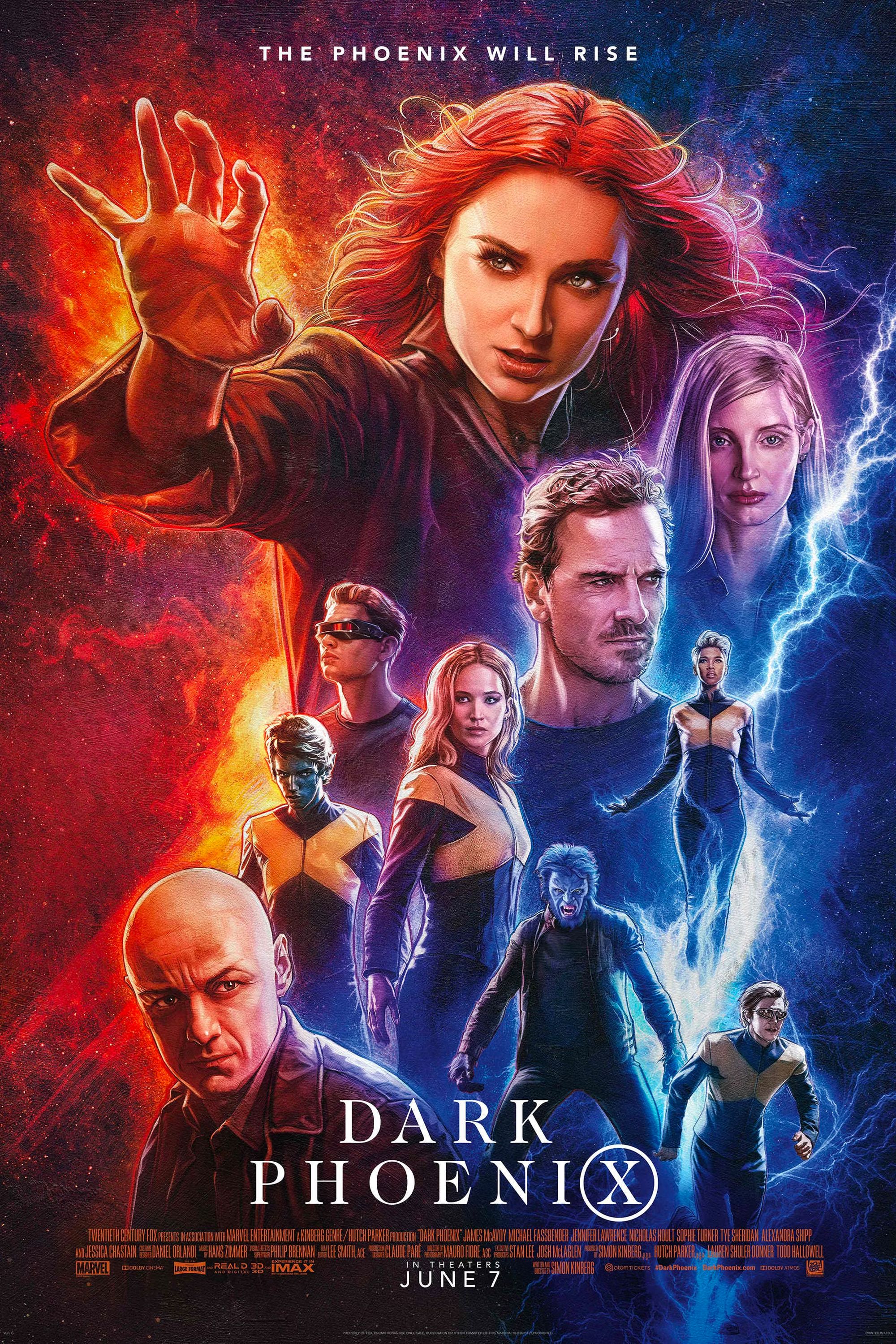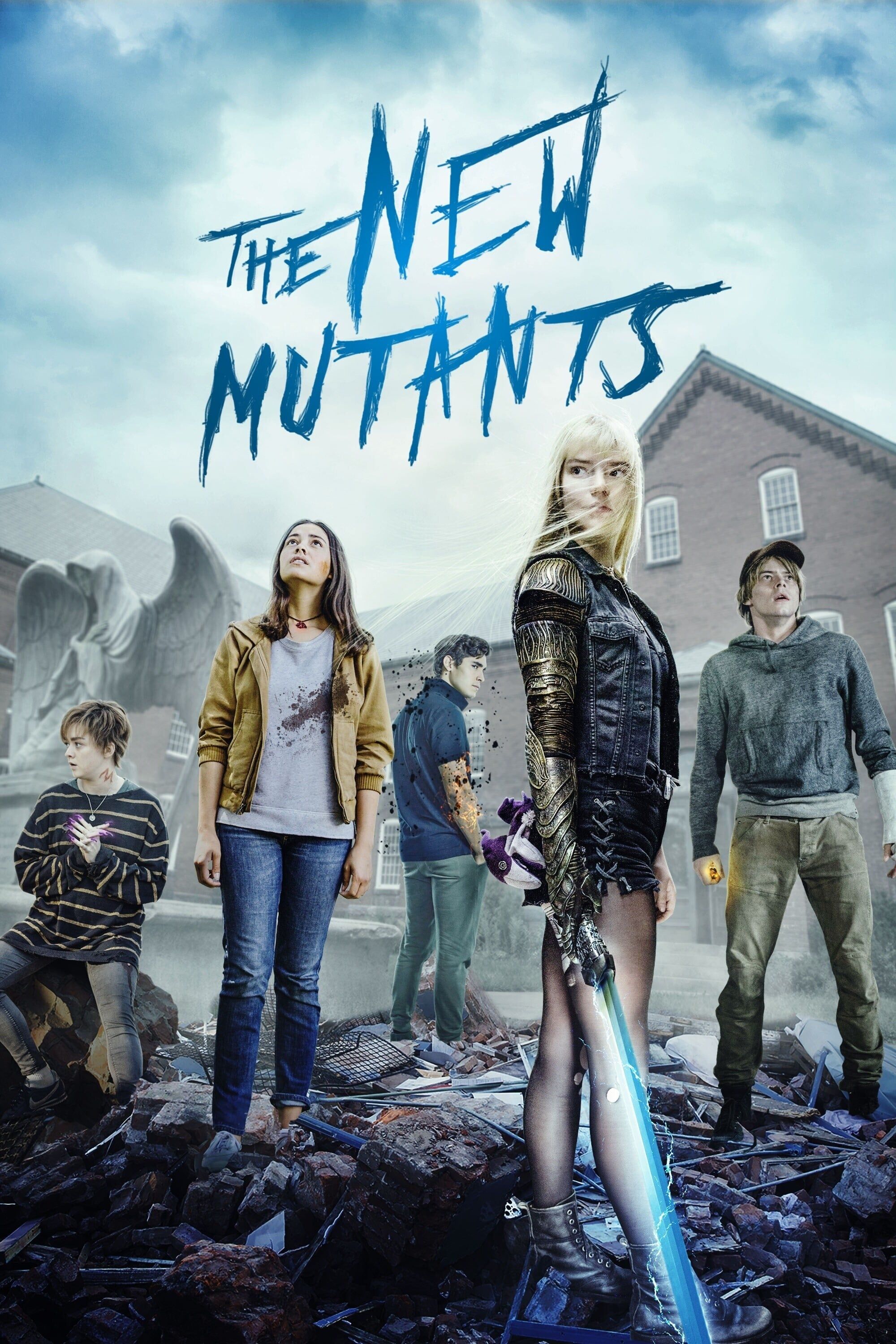Simon Kinberg has been involved in the X-Men franchise since 2006's The Last Stand, so it's fitting that he not only retells that movie's Jean Grey story but brings the entire Fox era to an end with Dark Phoenix. Unlike previous movies, which Kinberg has written and/or produced, this time he's sitting in the director's chair, delivering a more personal story than previously.
Screen Rant sat down with Kinberg to discuss some of the big choices made in Dark Phoenix, and whether he'd like to redo another X-Men story.
So, this Dark Phoenix idea was obviously very heavily set up at the end of Apocalypse. How has that idea changed from what you originally had when you wrote that to what you've delivered now?
I actually would say that the Dark Phoenix idea was set up at the end of Days of Future Past. In changing the timeline of Days of Future Past, part of the reason I did that was I wanted a chance to tell the Dark Phoenix story in a more fulsome way where it's really like the full Dark Phoenix story and focuses on Jean's story different than X-Men: The Last Stand. My vision for it, I think even going back to Days of Future Past, is pretty consistent, because really what I felt when I was thinking about doing eventually a Dark Phoenix story was the idea that we would be telling Jean's story. That we would be really focused. That we would narrow the scope of the film down even though there's an intergalactic element and a scale and spectacle that you expect from these movies. That it really would be a character-driven story about a person, a young woman, a mutant being imbued with the greatest power in the entire world but not being able to control it.
You talk about the Days of Future Past ending. Do you know, from the end of Dark Phoenix through to that 2020s setting, broadly what happens? How Wolverine gets involved and what happens with all the characters?
I have some sense of it, yes, because I always feel as though I'm sort of responsible for the architecture of this and making sure that it all lines up. So I do have some sense of it, but I really did imagine this movie, in truth, as the culmination of this cycle of X-Men films and so I wasn't really thinking past this film other than wanting to make sure that the logic was all sound.
You mentioned the intergalactic aspect of this, which is even bigger in the comics. At what point in your conceptualizing of this did stuff like the Shi'ar Empire go away or become less prominent?
Early on, I felt like I really wanted to focus the movie on our main characters and I really wanted to focus upon Jean's struggle. I wanted the movie to feel grounded and I wanted it to feel emotional and intimate, and not have too many things that would distract or take away from Jean's evolution, devolution, struggle, final decision in this film. I wanted that arc to feel like it was a really emotional experience for the audience. And so things like the Hellfire Club [and the] Shi'ar Empire felt as though they were such huge subplots or plots from the original saga that they could potentially take away from the focus on Jean and the X-Men. And so instead of doing Lilandra as a character, which would require the relationship with Charles and all that comes with that, I made Jessica's character sort of an amalgam of different alien characters that are part of, in a way, resembling this Shi'ar storyline but not going all the way there.
This is obviously a second attempt to adapt the Dark Phoenix Saga, which was already done in The Last Stand. Is there another story that's already been done on film that you would like to get a do-over opportunity on?
In the X-Men world, no. I mean, the truth is, this one for me... I really felt with X-Men: The Last Stand - and I say that as one of the writers of that movie - that what I regretted about it was that a story that is the most epic, the most beloved storyline in all of X-Men comics, potentially all of comics, was sidelined, being the B-story or the background story of a film instead of being this central story of the movie. In that movie, the Cure plot obviously became the main plot of the story, and I think Jean speaks only a few times in the second half of the film. I really just wanted to wipe that away and create a movie where you were fully focused and invested in Jean from start to finish, quite literally. So, you know, that one was so clear to me it needed to be retold. I think the other storylines in the mainline X-Men movies were told well. I think, in terms of other X-Men films or the spin-offs, maybe the Weapon X story could be told again. Jim Mangold did such an extraordinary job with Logan and I loved it. I don't know how you would do it to like go backward, I don't think you could do it with Hugh, but I do think that there's something in the Weapon X story that would be cool to see.




